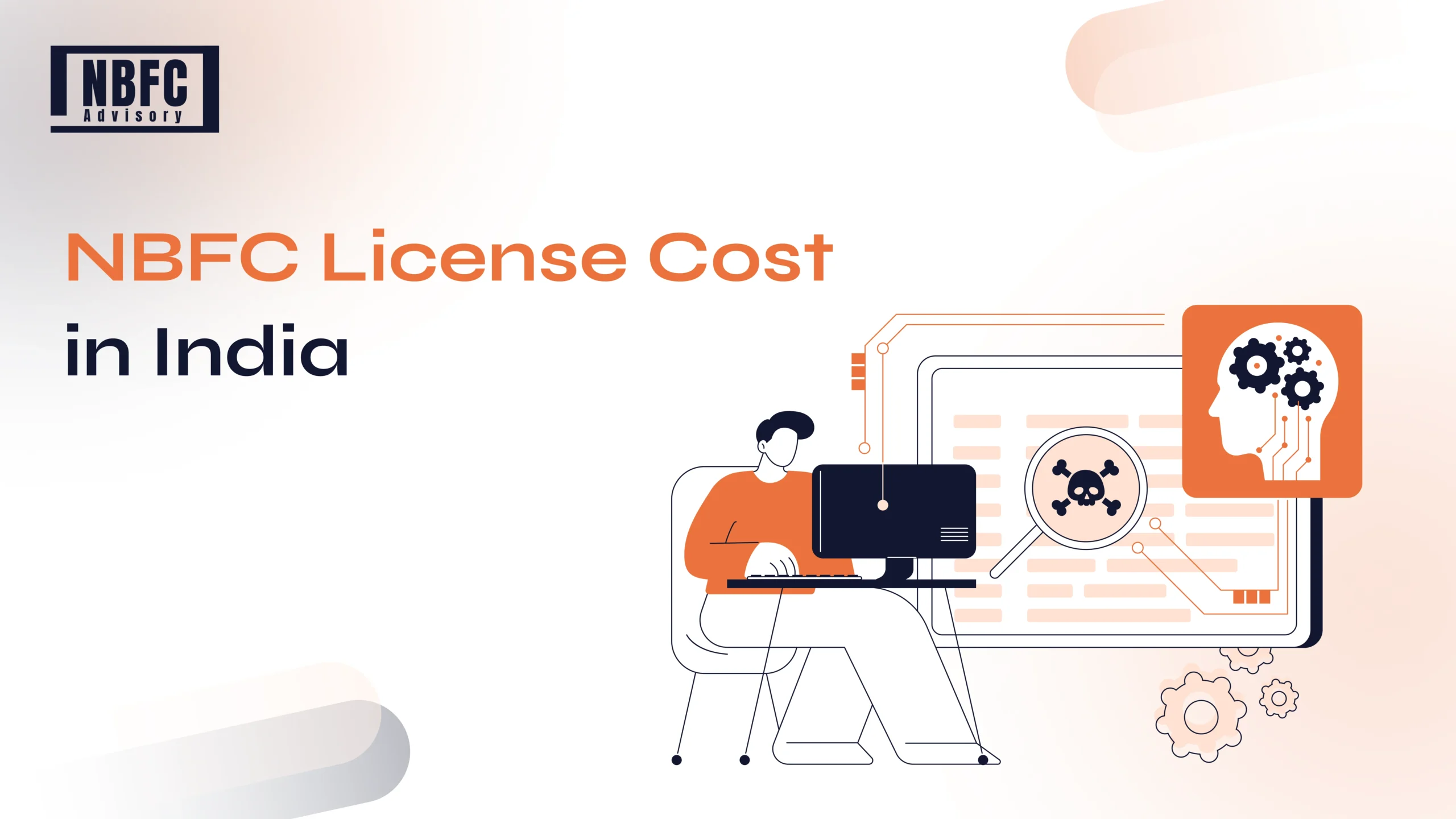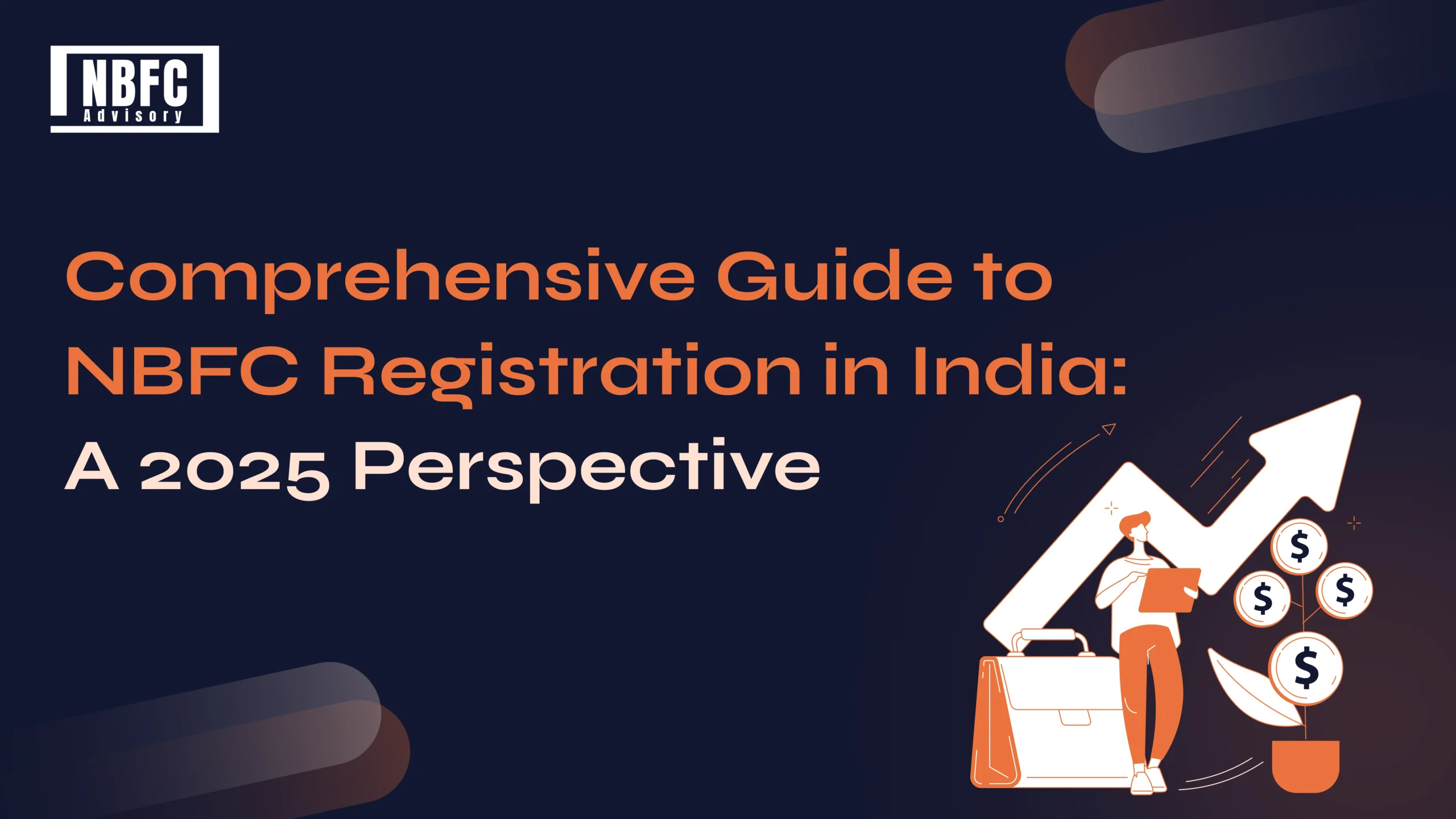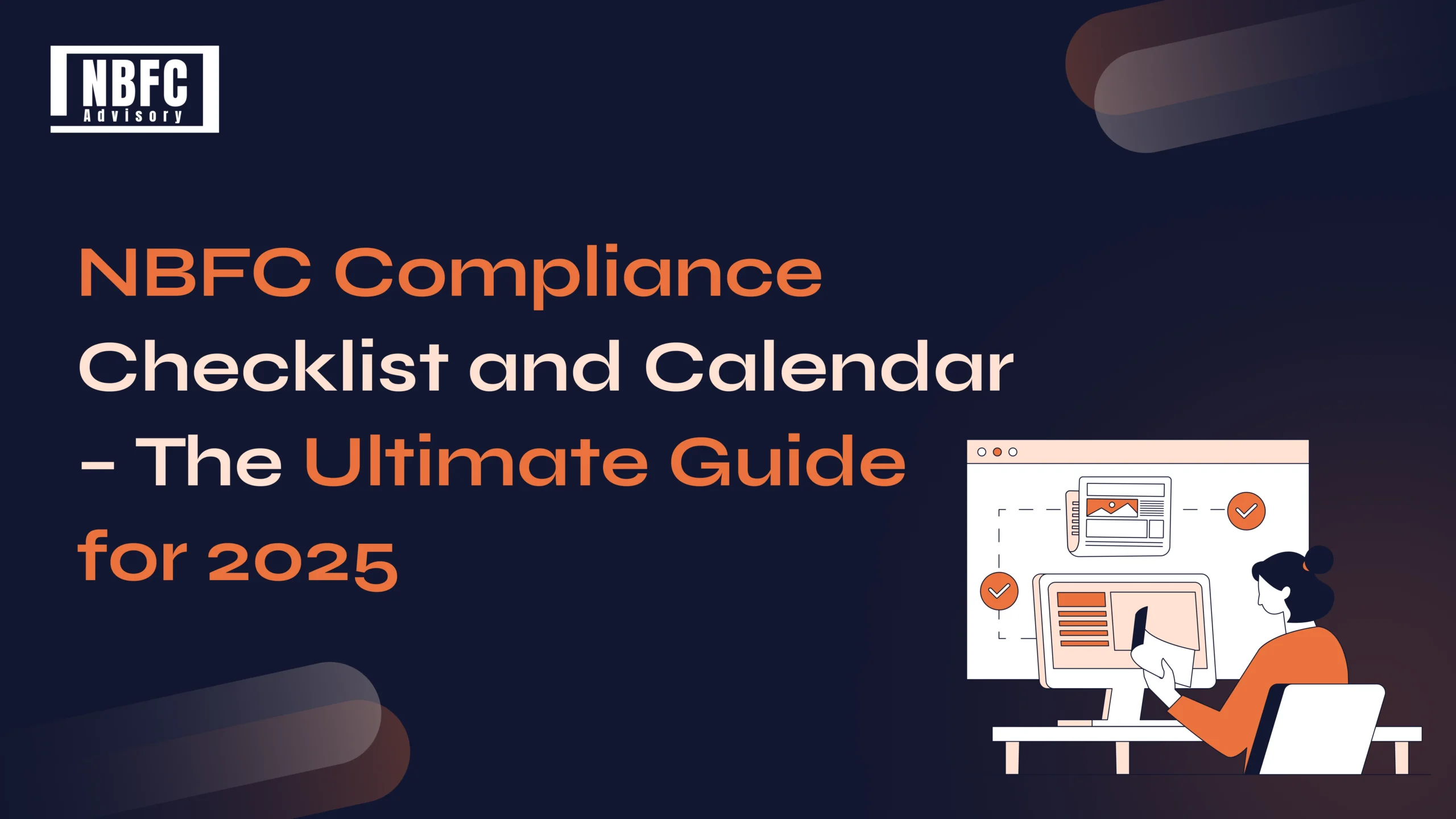Inside This Article
Non-Banking Financial Companies (NBFCs) are essential players in India’s financial system, offering services like loans and credit to businesses and individuals. To operate legally and successfully, NBFCs must follow specific rules and guidelines set by the Reserve Bank of India (RBI).
Understanding and meeting these NBFC Compliance requirements may seem challenging, but this guide makes it easy for you to grasp the basics and stay on track in 2025.
1. What Are RBI Regulations, and Why Do They Matter?
The RBI ensures that NBFCs operate responsibly to protect consumers and maintain financial stability. By following RBI rules, NBFCs build trust and avoid penalties.
Key Updates for 2025:
- Minimum Funds Requirement: NBFCs must now have at least ₹10 crore as net-owned funds to operate.
- Better Governance: Companies need to improve oversight through independent directors and clear risk management.
- Simpler Customer Complaint Process: All customer grievances are now handled under one system for faster resolution.
- Focus on Digital Safety: NBFCs using online platforms must secure customer data and prevent fraud.
Keeping up with these regulations helps NBFCs run smoothly and maintain their licenses.
2. Your NBFC Compliance Checklist
A checklist makes it easier to track what needs to be done to comply with regulations. Use this list as your starting point:
- Registration and Licensing: Ensure your license is valid and meets the updated ₹4 crore funds rule.
- Timely Reports: Submit all required reports, like NBS-1 and NBS-2, on time.
- Capital Adequacy: Check that your financial ratios match RBI standards.
- Fair Practices: Follow transparent and ethical guidelines when lending to customers.
- Cybersecurity Measures: Protect customer information from online threats.
- Regular Meetings: Hold board meetings to review policies and ensure proper oversight.
Sticking to this checklist helps you avoid fines and build a reliable reputation.
3. Reporting Requirements Made Simple
NBFCs need to send regular reports to the RBI to show they are following the rules. These reports also help the RBI track the financial health of the industry.
Important Reports:
- NBS-1: A quarterly report showing your company’s financial position.
- NBS-2: A monthly update on compliance with RBI norms.
- Cybersecurity Report: A summary of steps taken to protect against digital threats.
Timely and accurate reports ensure transparency and keep your NBFC in good standing.
4. Other Filings You Need to Know
Beyond RBI reports, there are additional filings to manage:
- Tax Filings: Submit Income Tax and GST returns on time to avoid penalties.
- Digital Lending Updates: If you offer loans online, provide details about your processes.
- ESG Reports: Large NBFCs need to disclose their environmental and social initiatives.
- Anti-Money Laundering Filings: Report any suspicious transactions to regulatory bodies.
Managing these filings proactively helps avoid last-minute stress and ensures compliance.
5. Why Audits Are Important
Audits verify that your NBFC is operating correctly and following all regulations. Regular audits can also highlight areas for improvement.
Types of Audits:
- Statutory Audits: Ensure your financial records meet legal standards.
- Internal Audits: Check internal processes and controls for efficiency.
- Real-Time Audits: Monitor high-risk transactions to prevent fraud.
- Special Audits: Conducted by the RBI to address specific concerns.
Regular audits build trust with stakeholders and improve operational performance.
6. Best Practices for Simple Compliance
Following best practices can make compliance easier and more effective:
- Use Technology: Automate reporting and track deadlines with compliance software.
- Train Your Team: Educate employees about the latest rules and how to follow them.
- Hire Experts: Work with compliance advisors to handle complex requirements.
- Stay Updated: Regularly check RBI notifications for new regulations.
- Review Policies: Update your company’s practices to match current standards.
These steps ensure your NBFC remains compliant and competitive.
Conclusion: Staying Compliant and Competitive
NBFC compliance doesn’t have to be overwhelming. By following this guide, you can confidently meet RBI regulations, submit accurate reports, and adopt best practices to stay ahead in 2025. Compliance is not just about following the rules; it’s about building a trusted and successful business.
If you need more support, NBFC Advisory is here to help with expert advice and solutions tailored to your needs.





